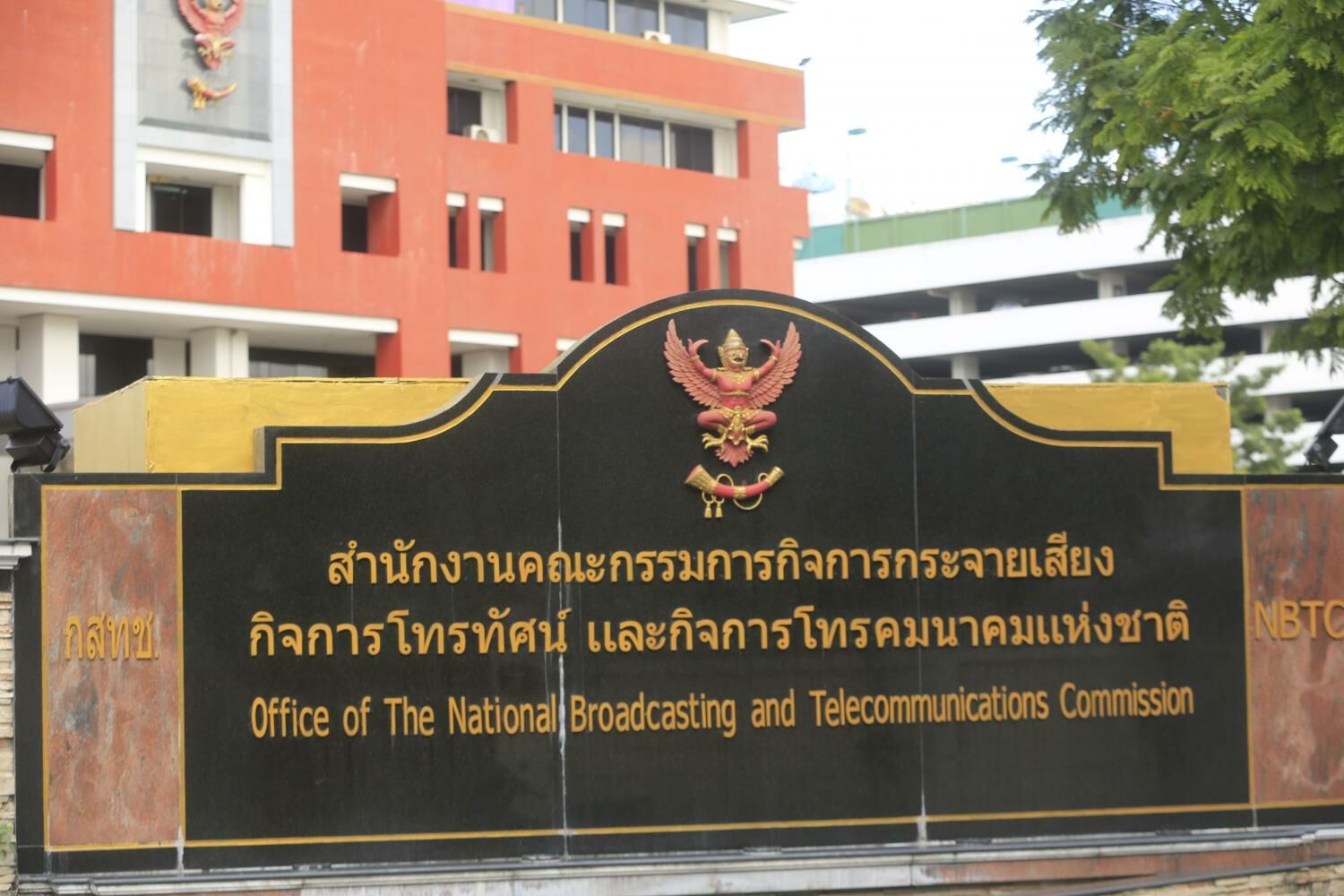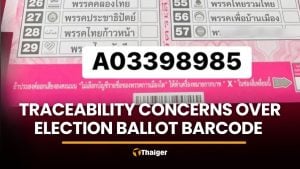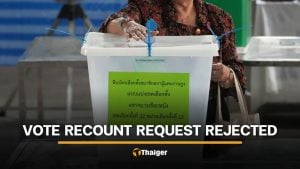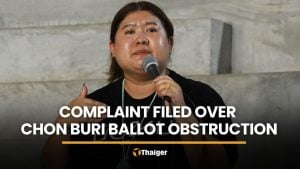Nine executives apply for NBTC secretary-general role

A total of nine executives have applied for the position of secretary-general at the National Broadcasting and Telecommunications Commission (NBTC). Seven individuals submitted their applications during the initial application period running from March 20 to April 7, with a further two applying during the extended period, concluding May 7.
According to Dr Sarana Boonbaichaiyapruck, NBTC chairman, the new secretary-general will be announced by June 15. Among the first group of applicants were Pakorn Apaphant, executive director and member of the executive board of Geo-Informatics and Space Technology Development Agency, Trairat Viriyasirikul, the acting secretary-general of NBTC, and Kittisak Sriprasert, former president of CAT Telecom. The other four applicants within the initial group include Thanatmet Phatnarongrat, a member of NBTC’s Performance Monitoring and Evaluation Committee, scholar Pisit Boonsrimuang, Dr Polawat Witoolkollachit, former chair of the KTB Computer Services board, and Surangkana Wayuparb, former CEO of the Electronic Transactions Development Agency.
Those applying during the extended application period were Sutisak Tantayotin, the deputy secretary-general of NBTC, and Peerakan Kaewwongwattana, CEO of Airport Rail Link.
An NBTC management source, requesting anonymity, revealed that Pakorn and Kittisak showed the most potential among external candidates, while Trairat appeared best qualified among internal applicants for the role.
Speculation has arisen within the commission that Pakorn may have been personally invited by the chairman to apply for the position. Despite some commissioners expressing dissent, Dr Sarana maintains that his selection method for recruiting a new secretary-general follows NBTC regulations and his level of authority and responsibility. The chairman’s plan involves proposing his chosen candidate to other NBTC commissioners for their consideration and approval.
Doubts persist among some commissioners over the compliance of this selection method with NBTC’s laws and regulations. Dr Sarana cited Section 61 of the NBTC Act that states the chairperson can appoint the secretary-general with the consent of the NBTC board. Dr Sarana reasoned that the secretary-general must work closely with him, rendering it impractical if commissioners jointly select a candidate without his prior approval.
Some commissioners also expressed concern over whether the chosen candidate can achieve approval from a majority of the NBTC’s board, now at a full complement of seven members. It is suggested that some commissioners may not endorse the appointment. Commissioners objecting to the recruitment method anonymously stated the process could be seen as legally invalid as it never gained the board’s formal approval.
On March 7, the NBTC board held a meeting to prepare an agenda for selecting the next secretary-general. During this meeting, a selection method was separately proposed, but only for their acknowledgement, which surprised some commissioners who expected to consider both candidate qualifications and the selection procedure in the same meeting.
Three commissioners present at the meeting – Dr Sarana, Pol Gen Nathathorn Prousoontorn, and Torpong Selanon – voted in favour of only considering the draft of candidate qualifications rather than both qualifications and the selection method. The other three commissioners chose not to vote on the matter. As chairman, Dr Sarana cast a tiebreaking vote, leading to a 4-3 resolution.
For the recruitment process to begin, the NBTC board must give the final approval to the March 7 resolution under legal practice norms. The board was scheduled to vote on final approval of the resolution at a meeting on March 29. However, the meeting did not call for a vote to provide the final approval on the resolution. Despite this, Dr Sarana contends that the recruitment process remains valid and that the March 7 resolution vote allows the process to move forward, reports Bangkok Post.
Latest Thailand News
Follow The Thaiger on Google News:

























